Solo Travel Safety Tips for Women in Their 30s
Embarking on a solo travel adventure can be a transformative and empowering experience, especially for women in their 30s. However, travelling alone also comes with unique challenges and safety concerns. By taking some precautions and following essential safety tips, women can enjoy their solo journeys with confidence and peace of mind. Here’s a comprehensive guide to solo travel safety for women in their 30s.
Research and Planning
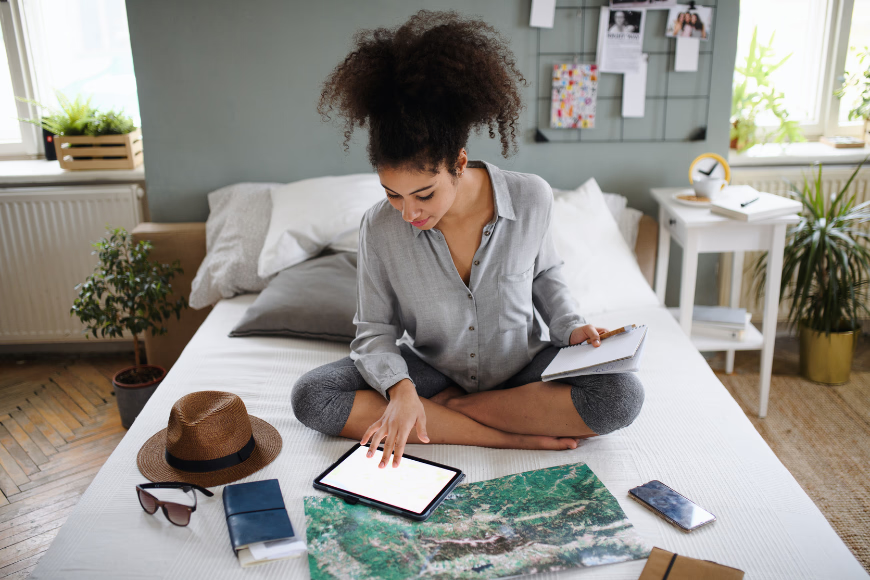
Choose Safe Destinations
Selecting a safe destination is the first step in ensuring a secure solo travel experience. Research the safety of potential destinations by looking at crime rates, political stability and general travel advisories.
- Low-Crime Countries: Consider destinations known for their low crime rates and traveller-friendly environments, such as Japan, New Zealand and Scandinavia.
- Travel Advisories: Check government travel advisories from sources like the U.S. Department of State or the UK Foreign Office for up-to-date information on travel safety.
Plan Your Itinerary
Having a well-planned itinerary can help you avoid risky situations and stay organised.
- Detailed Plans: Map out your travel route, including accommodations, transportation and key attractions. Share your itinerary with a trusted friend or family member.
- Local Customs: Familiarise yourself with local customs and cultural norms to avoid unintentional offences and blend in more seamlessly.
Staying Connected

Keep in Touch
Regular communication with friends and family is crucial for solo travellers. Keeping them informed about your whereabouts can provide an extra layer of security.
- Check-Ins: Schedule regular check-ins with someone you trust. Use apps like WhatsApp or Messenger to stay connected easily.
- Social Media: Share your travel experiences on social media but avoid real-time updates to protect your exact location.
Emergency Contacts
Having a list of emergency contacts can be lifesaving in case of unexpected situations.
- Local Contacts: Save the contact information for local emergency services, your country’s embassy or consulate and any local friends or contacts you may have.
- Health and Safety Apps: Download apps like RedZone, which provide real-time safety updates and incident reports in your area.
Accommodation Safety
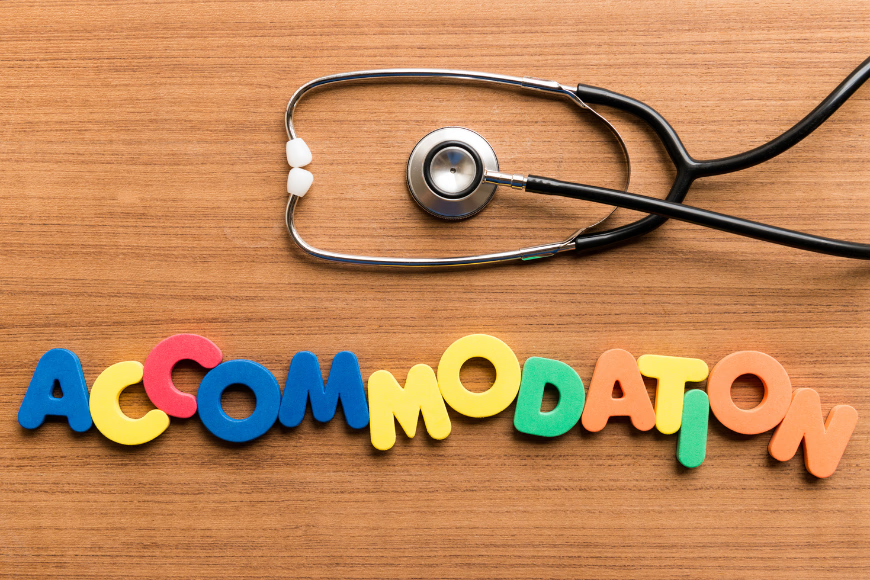
Choose Reputable Accommodations
Where you stay can significantly impact your safety. Opt for accommodations that are known for their security and good reviews.
- Hotels and Hostels: Choose hotels and hostels with high ratings for safety and cleanliness. Platforms like Booking.com and Hostel world provide user reviews and safety ratings.
- Airbnb: If you prefer vacation rentals, select properties with positive reviews and a responsive host.
Secure Your Space
Once you’ve chosen your accommodation, take steps to secure your space.
- Locks: Ensure your room has a functioning lock on the door and windows. Consider carrying a portable door lock or doorstop alarm for added security.
- Valuables: Use the in-room safe to store your valuables. If there’s no safe, consider carrying a portable travel safe.
Transportation Safety
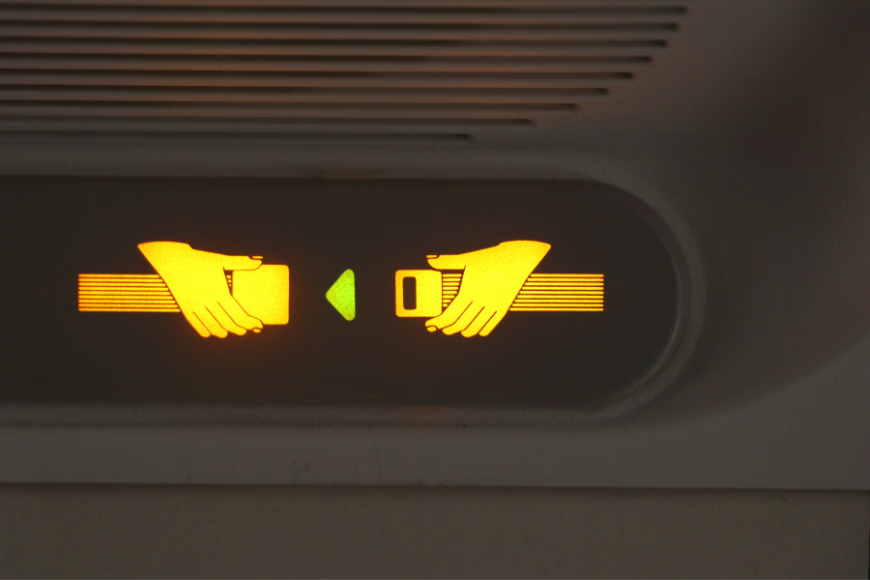
Use Reliable Transport
Opt for reliable and safe transportation options to avoid potential dangers.
- Public Transport: Use well-known and frequently used public transport options. Avoid empty buses or trains, especially at night.
- Ride-Sharing: Apps like Uber and Lyft offer a safer alternative to traditional taxis, as rides are tracked and drivers are vetted. Always check the driver’s details before getting in.
Stay Alert
Being aware of your surroundings can help you stay safe during transit.
- Avoid Distractions: Limit distractions by avoiding excessive phone use and keeping your belongings secure.
- Trust Your Instincts: If something feels off, trust your instincts and remove yourself from the situation. It’s better to be safe than sorry.
Health and Well-being
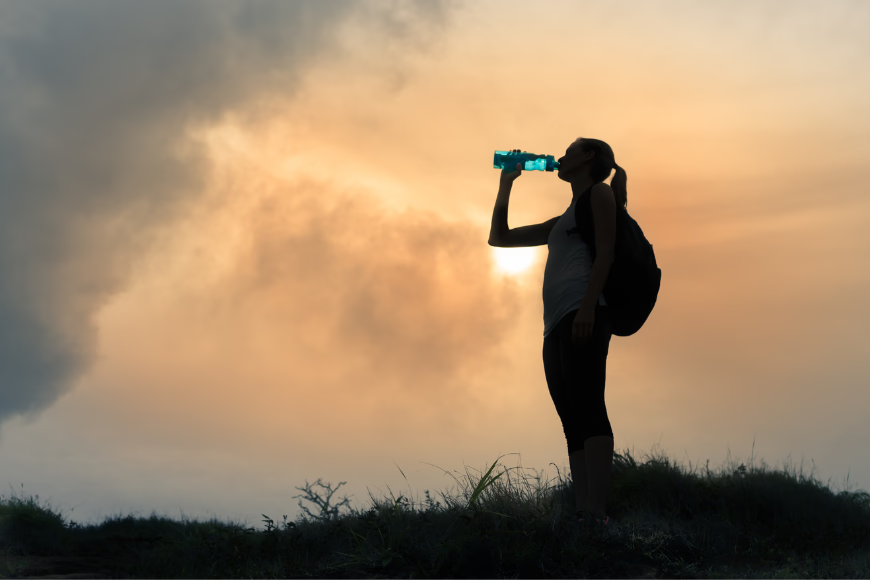
Health Precautions
Maintaining your health while travelling is essential for a safe trip.
- Vaccinations: Ensure you are up-to-date with necessary vaccinations and carry a copy of your immunisation records.
- Travel Insurance: Purchase comprehensive travel insurance that covers health emergencies, trip cancellations and lost belongings.
Stay Hydrated and Nourished
Travel can be physically demanding, so it’s important to stay hydrated and nourished.
- Hydration: Carry a reusable water bottle and drink plenty of water, especially in hot climates.
- Balanced Diet: Eat regular meals and try to maintain a balanced diet to keep your energy levels up.
Personal Safety Practices
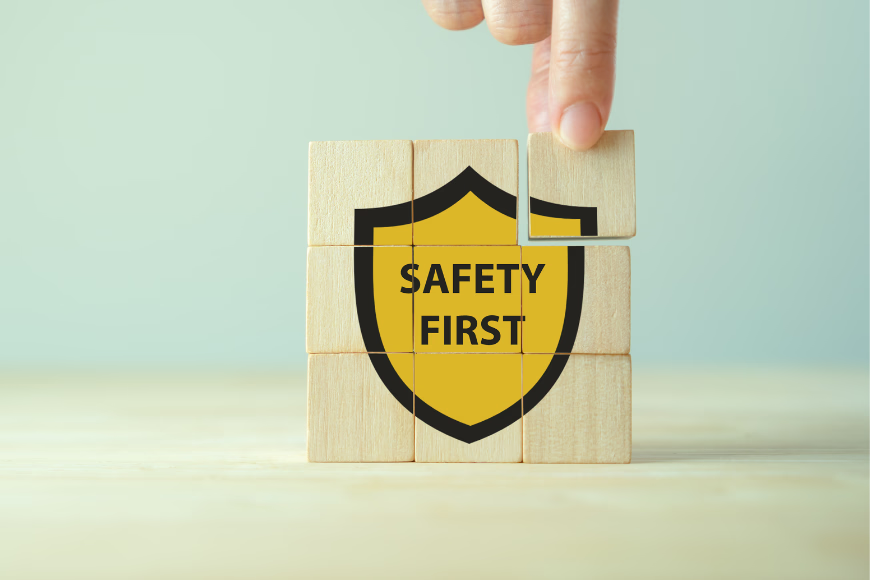
Dress Appropriately
Dressing appropriately can help you blend in and avoid unwanted attention.
- Local Norms: Research local dress codes and cultural norms. Dress modestly and avoid flashy jewellery to minimise risks.
- Comfortable Clothing: Wear comfortable and practical clothing suitable for your activities.
Trust Your Instincts
Your instincts are your best defence mechanism. Trust them and act accordingly.
- Confidence: Walk confidently and be aware of your surroundings. Confidence can deter potential threats.
- Exit Strategy: Always have an exit strategy. Know where the nearest exits are and how too quickly leave a situation if needed.
Handling Money and Valuables

Secure Your Finances
Keeping your money and valuables secure is crucial while travelling.
- Multiple Payment Methods: Carry a mix of cash, credit cards and debit cards. Keep them in separate places to avoid losing everything at once.
- Money Belt: Use a money belt or hidden pouch to keep your cash and important documents secure.
Avoid Flashing Wealth
Displaying wealth can make you a target for theft.
- Minimal Jewellery: Wear minimal jewellery and avoid flashing expensive items.
- Discrete Wallet: Use a discreet wallet and avoid taking out large amounts of cash in public.
Conclusion
Solo travel for women in their 30s can be a liberating and enriching experience. By following these safety tips, you can minimise risks and enjoy your adventures with confidence. Remember to choose safe destinations, stay connected, secure your accommodations, use reliable transport, take health precautions, practice personal safety and handle your finances wisely. Embrace the journey, trust your instincts and make the most of your solo travel experiences.
These solo travel safety tips are designed to help women in their 30s enjoy their travels with confidence and security. From choosing safe destinations and accommodations to staying connected and protecting your finances, these strategies will ensure a safe and enriching travel experience. So pack your bags, stay safe and embark on your solo adventure with peace of mind.

